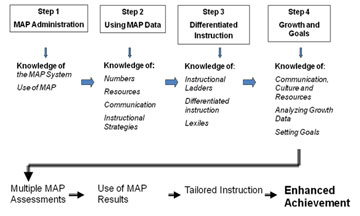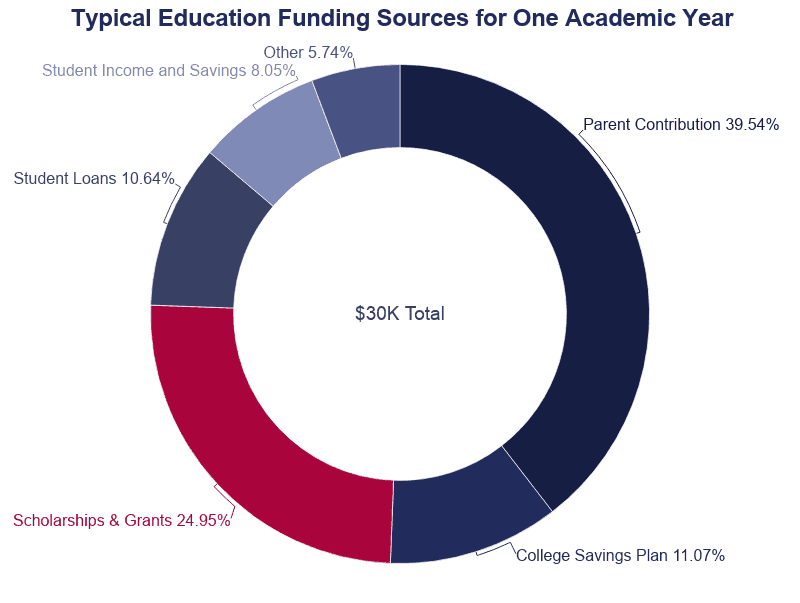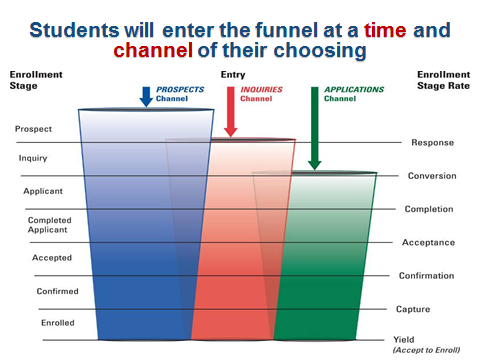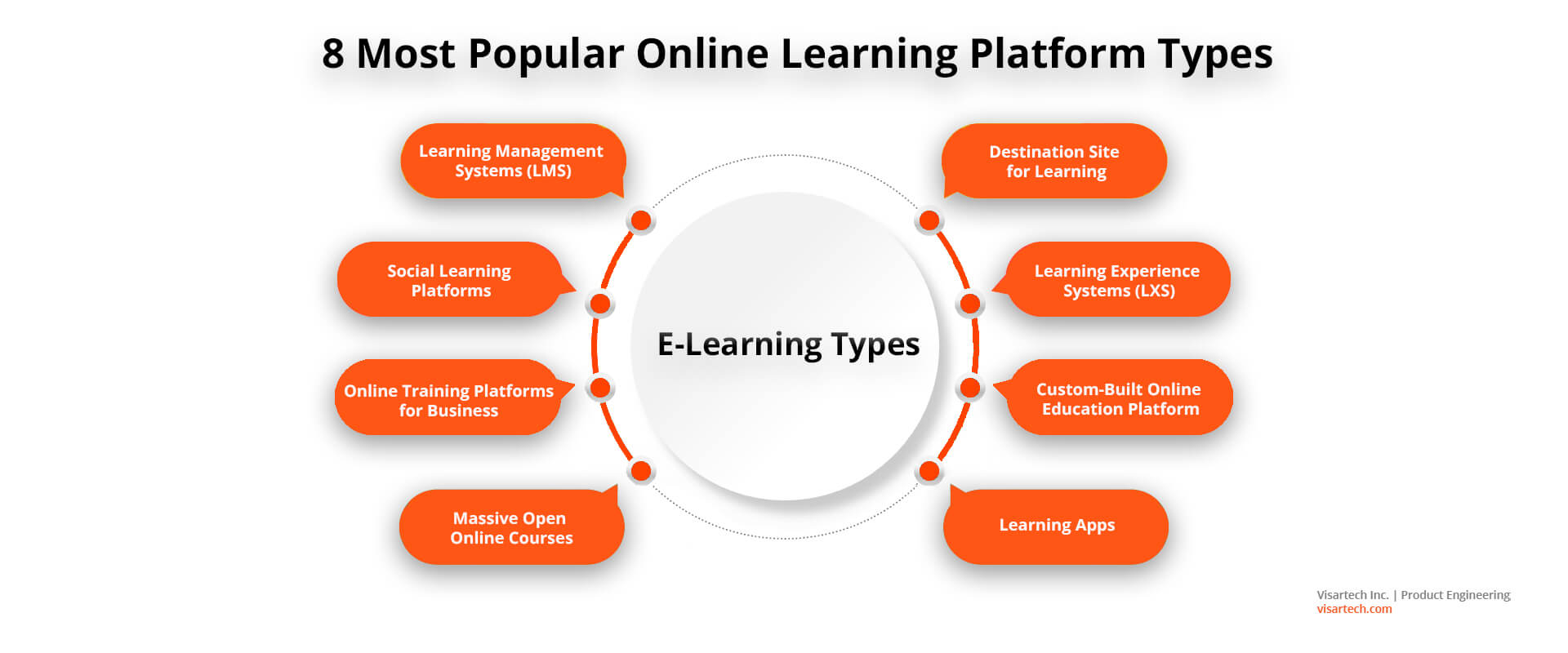Measuring student achievement is an essential aspect of education that has gained much attention in recent times. Assessment and evaluation are the two critical components of this process, serving as a means of verifying students’ mastery of academic concepts. It has become increasingly necessary to measure student achievement to ensure that students are effectively learning and excelling in their academic endeavors.
Assessment is the process of gathering and analyzing data about student learning, while evaluation is the process of determining the effectiveness of teaching and learning strategies. Both assessment and evaluation play a critical role in measuring student achievement. Assessments can be done in a variety of ways, including traditional tests, quizzes, essays, projects, and observations. Evaluations, on the other hand, can be made using a range of methods, such as peer review, teacher feedback, and self-assessment.
There are several benefits to measuring student achievement using assessment and evaluation. Foremost, it helps teachers to determine students’ level of understanding of a particular concept and identify areas where students may be struggling. It also aids teachers in discovering their students’ learning styles and finding suitable instructional strategies to meet their needs.
Student achievement is often linked to standardized testing, and the results of these tests are typically used to evaluate students, teachers, and schools. However, educators must keep in mind that standardized tests only provide a snapshot of the student’s academic development and should not solely determine their academic progress.
In conclusion, measuring student achievement through assessment and evaluation is an integral part of education. It helps teachers to assess their teaching effectiveness and identify areas for improvement. It also provides a clear understanding of student learning progress and allows for individualized instruction. However, educators should not rely solely on standardized tests to measure student achievement, but instead, use a range of assessments and evaluations to gain a comprehensive understanding of student progress.











